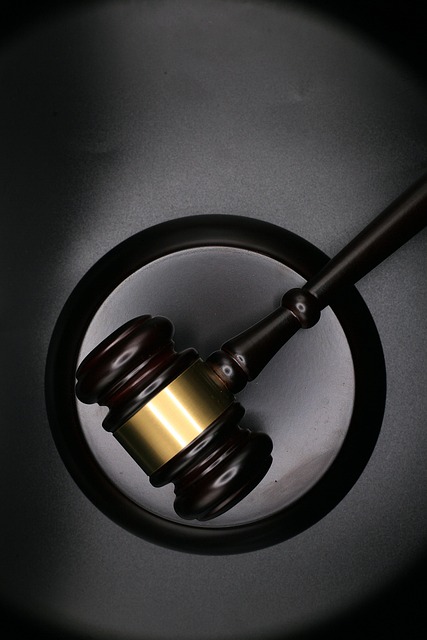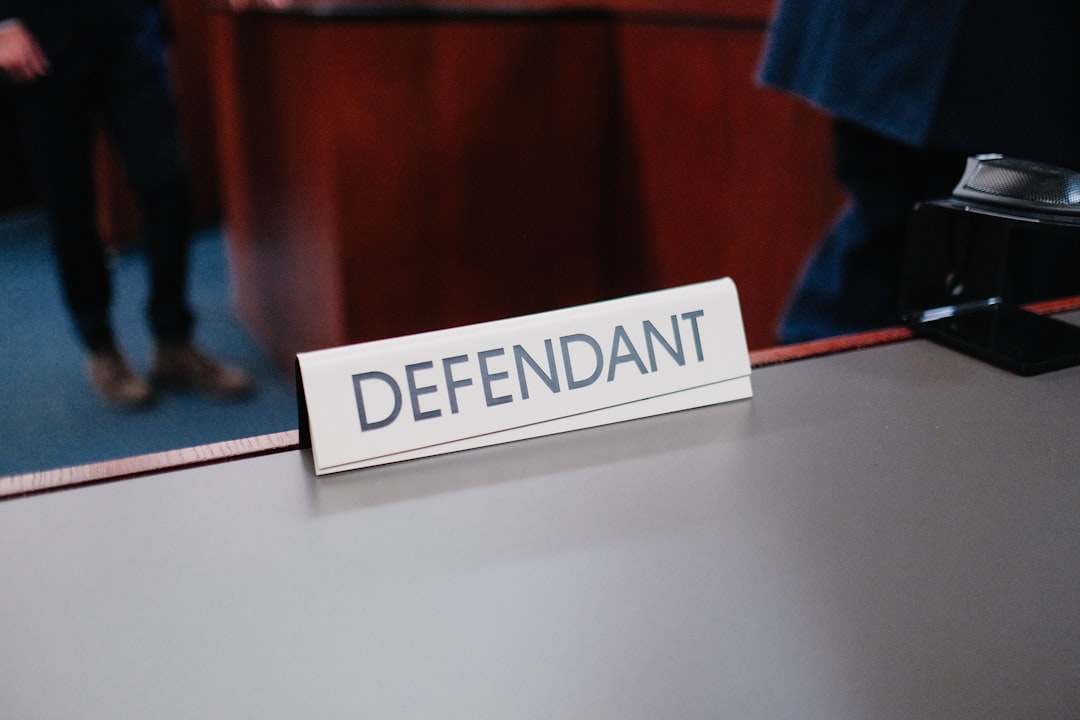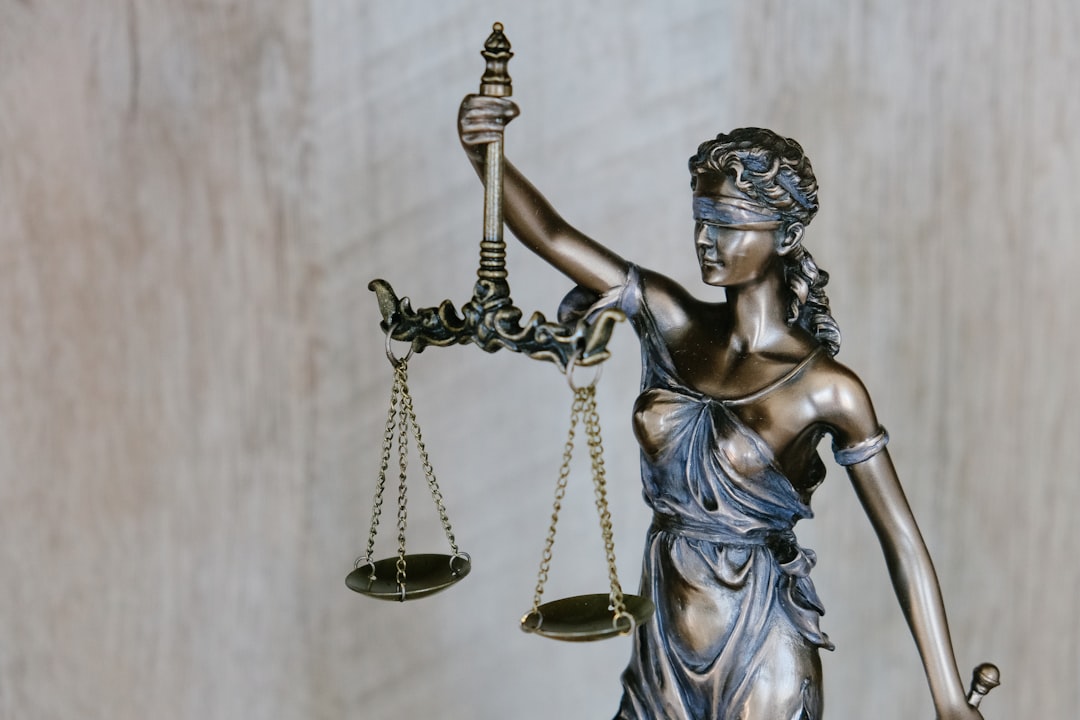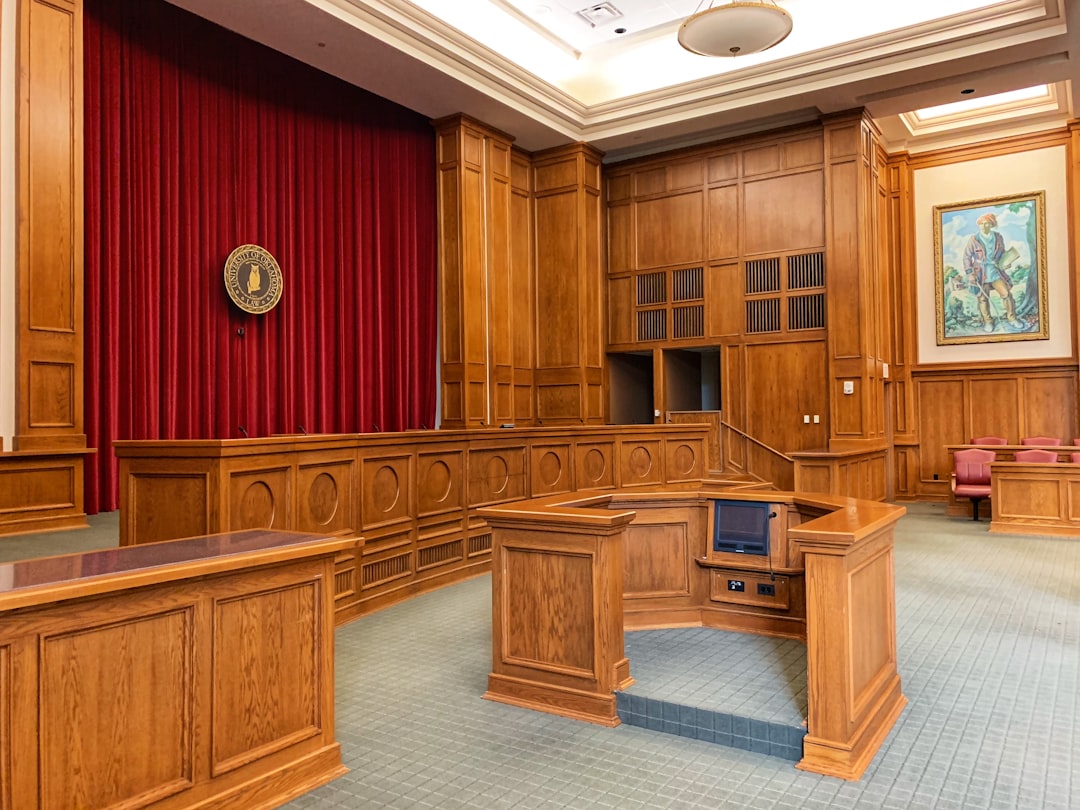Survivors of sexual assault on cruise ships face a complex legal maze due to diverse jurisdictions and maritime regulations. A specialized cruise line sexual assault lawyer in Mississippi is vital for navigating these challenges, ensuring justice and compensation while upholding rights under both domestic and international laws, even in cases involving international waters.
Understanding Maritime Law for Sexual Assault Survivors
Sexual assault on cruise ships presents unique challenges due to the complex legal landscape of maritime law. This article guides survivors through a critical understanding of their rights and options, navigating the intricacies of international laws and local jurisdictions. We explore the specific dynamics of prosecuting sexual assaults at sea, focusing on the rights and resources available to victims. Additionally, we highlight the importance of retaining a specialized cruise line sexual assault lawyer in Mississippi to ensure survivors receive competent legal representation and justice.
The Legal Landscape: Maritime Law and Sexual Assault

In the intricate web of maritime law, understanding the nuances is especially crucial for survivors of sexual assault aboard cruise ships. Cruise lines operate under a unique legal framework, with their vessels registered in various jurisdictions worldwide. This means that when a sexual assault occurs on a cruise ship, it may be subject to multiple legal systems, complicating the pursuit of justice. A survivor might find themselves navigating not only local laws but also international maritime regulations and the specific policies of the cruise line itself.
A cruise line sexual assault lawyer in Mississippi, or any other jurisdiction, plays a vital role in deciphering this legal landscape. These attorneys specialize in maritime law and have experience handling cases involving sexual violence at sea. They guide survivors through the complex process, ensuring their rights are protected under both domestic and international laws. The goal is to secure justice, compensate victims for their suffering, and hold accountable those responsible for such heinous crimes.
– Overview of maritime law jurisdiction

When it comes to understanding maritime law for sexual assault survivors, jurisdiction is a crucial aspect. Cruise lines operating in international waters are subject to a unique legal framework, as maritime laws govern their activities. These laws provide a specific set of rules and regulations that apply to cruise line sexual assault cases, offering a separate jurisdiction from land-based courts. In the United States, for instance, a cruise line sexual assault lawyer in Mississippi would navigate these complexities, ensuring that survivors receive justice under the appropriate legal framework.
The jurisdiction over cruise line sexual assaults often lies with the country where the ship is registered or operates, even if the incident occurred in different waters. This means that a survivor may need to pursue legal action in a foreign court, adding an extra layer of complexity. Therefore, it’s essential for survivors to consult with a specialized lawyer who understands maritime law and can guide them through this intricate process, ensuring their rights are protected throughout.
– Unique challenges in prosecuting sexual assault on cruise ships

Prosecuting sexual assault on cruise ships presents a unique set of challenges due to their transient nature and complex jurisdiction. Cruise lines operate in international waters, following different laws depending on where they are located, which can make it difficult to establish legal jurisdiction for criminal cases. Survivors often face additional barriers, including the fear of retraumatization by navigating unfamiliar legal systems, language differences, and potential cultural biases.
In the event of a sexual assault on a cruise ship, survivors may need to seek help from a cruise line sexual assault lawyer Mississippi to understand their rights and options. These attorneys are specialized in navigating the complexities of maritime law and can ensure that survivors receive the justice and support they deserve. They can facilitate communication with authorities, gather evidence, and represent survivors in legal proceedings, especially when dealing with international waters and varying laws.





